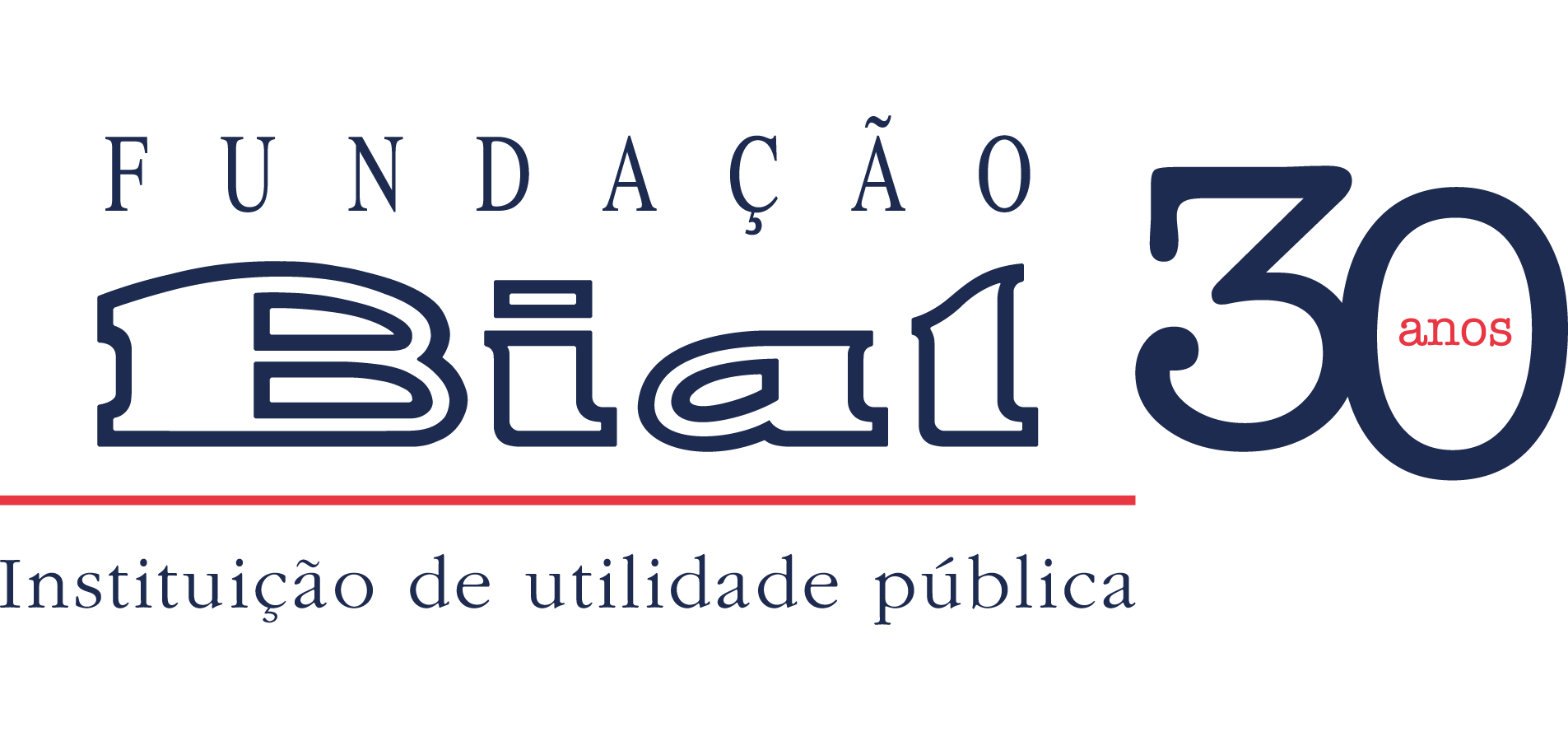No âmbito do projeto 85/18 - Role of NT3/TrkC in the regulation of fear, apoiado pela Fundação BIAL, a investigadora principal, Mónica Santos, publicou na revista científica Molecular Neurobiology o artigo TrkC Intracellular Signalling in the Brain Fear Network During the Formation of a Contextual Fear Memory. Os dados demonstram uma diminuição geral da ativação de TrkC nas regiões cerebrais envolvidas na regulação do medo (hipocampo, amígdala e córtex pré-frontal) nas fases de consolidação e reconsolidação da formação da memória de medo. Em particular, as diferenças mais relevantes foram observadas na amígdala durante a fase de consolidação e no hipocampo durante a fase de reconsolidação da memória do medo. De facto, a consolidação e a reconsolidação de memórias de medo contextuais são processos duplamente dissociáveis que recrutam vias diferentes.
ABSTRACT
Learned fear is orchestrated by a brain fear network that comprises the amygdala, hippocampus and the medial prefrontal cortex. Synaptic plasticity within this network is critical for the formation of proper fear memories. Known for their role in the promotion of synaptic plasticity, neurotrophins position as obvious candidates in the regulation of fear processes. Indeed, recent evidence from our laboratory and others associates dysregulated signalling through neurotrophin-3 and its receptor TrkC with the pathophysiology of anxiety and fear-related disorders. Here, we put wild-type C57Bl/6J mice through a contextual fear conditioning paradigm in order to characterize TrkC activation and expression in the main brain regions involved in (learned) fear – amygdala, hippocampus, and prefrontal cortex – during the formation of a fear memory. We report an overall decreased activation of TrkC in the fear network during fear consolidation and reconsolidation. During reconsolidation, hippocampal TrkC downregulation was accompanied by a decrease in the expression and activation of Erk, a critical signalling pathway in fear conditioning. Moreover, we did not find evidence that the observed decrease of TrkC activation was caused by altered expression of dominant negative form of TrkC, neurotrophin-3, or the PTP1B phosphatase. Our results indicate hippocampal TrkC inactivation through Erk signalling as a potential mechanism in the regulation of contextual fear memory formation.





























































































